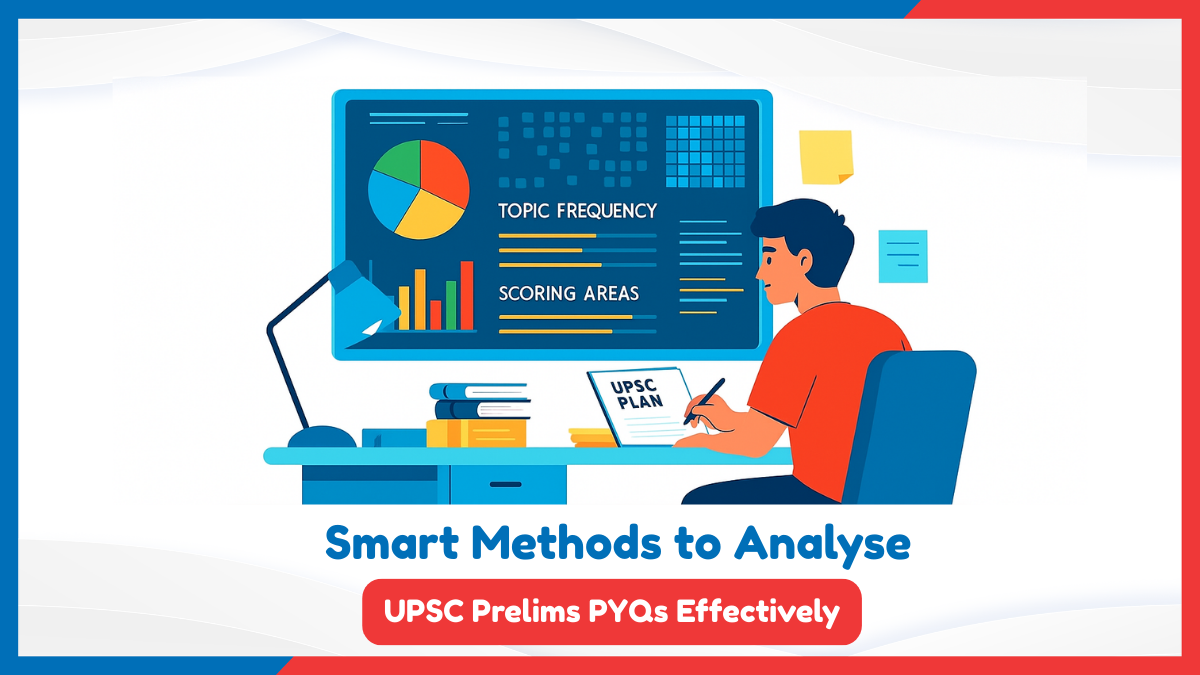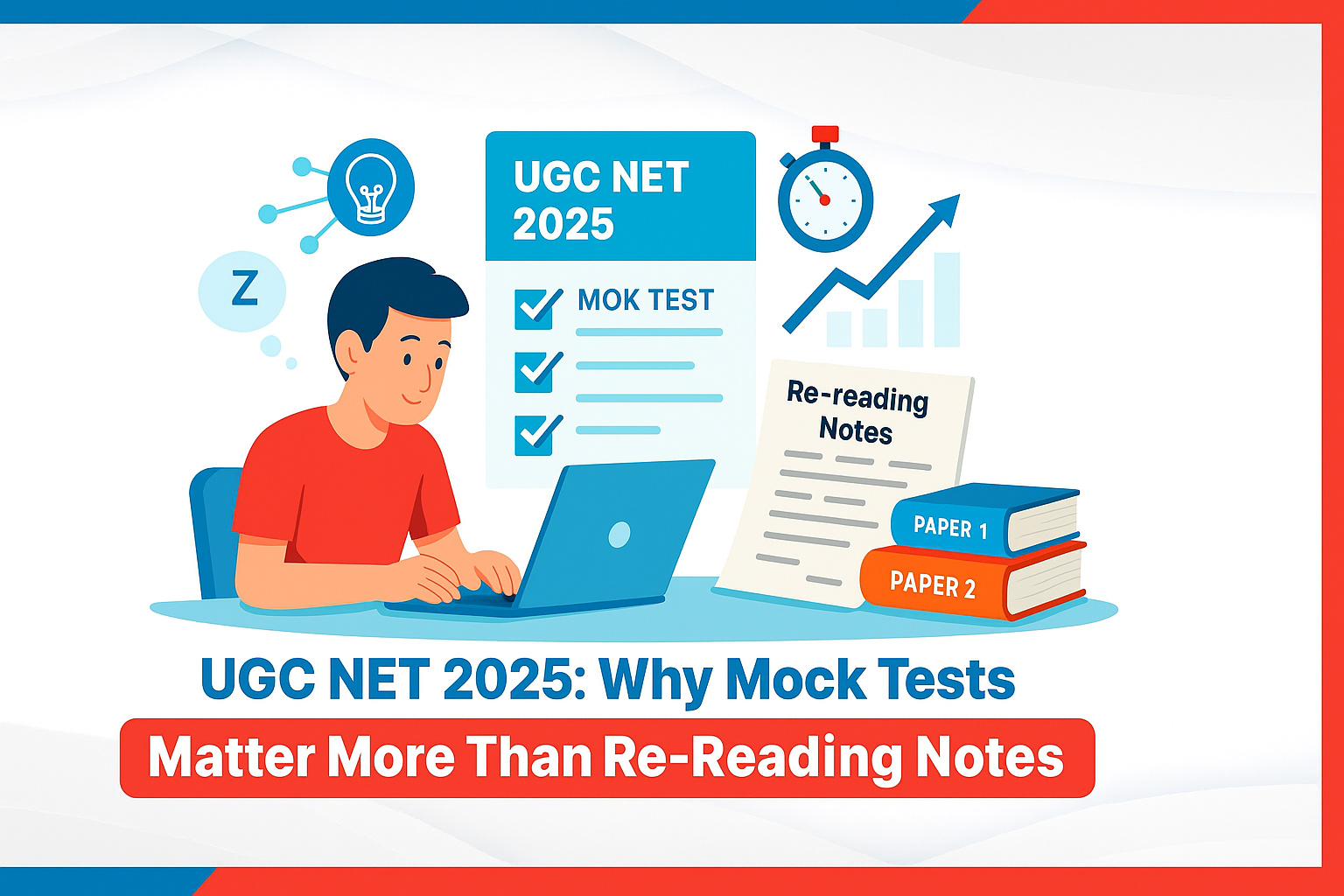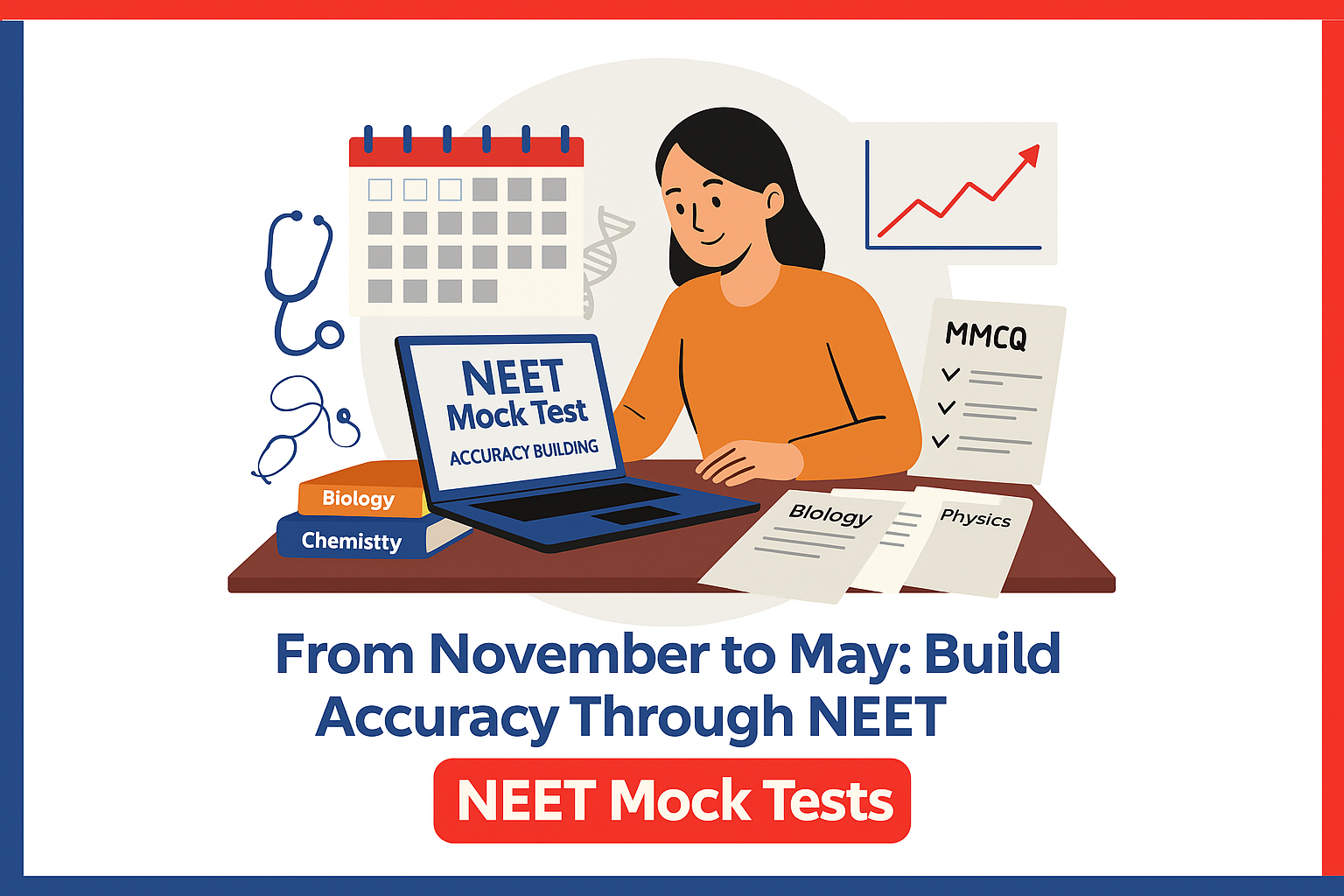
The UPSC Civil Services Examination is an examination that demands more than knowledge to prepare. Of all the materials that can be used by aspirants, there is one that has been of consistent use, and that is the Previous Year Questions (PYQs). How you approach these questions may determine whether your attempt is average or successful. Most aspirants answer questions and fail to get the insight that analysis of UPSC prelims PYQ can give. This blog will discuss intelligent ways to get the most out of them and hone your preparation strategy.
Must Read- Can Mock Tests Help Me Identify My Weak Areas for UPSC Prelims?
Why Is PYQs Analysis Important in UPSC Prelims?
The prelims exam is unpredictable, but PYQs provide a guide. They reveal:
• The recurrent themes in history, polity, geography, economics, and environment.
• The proportionality of factual and analytical questions.
• The style of framing and the twisting of options to test conceptual clarity.
• The changing trend of integration of current affairs.
When taken methodically, PYQs are like a mirror; they show you your strong and weak points.
Step-by-Step Methods to Analyse UPSC Prelims PYQs
1. Categorize Questions by Subject
Break down questions year-wise and map them subject-wise. For example:
|
Subject |
% Weightage in Prelims (Average Trend) |
Key Observations from PYQs |
|
Polity |
20–25% |
Emphasis on Constitution & Governance |
|
History |
15–20% |
Shift towards modern and cultural aspects |
|
Geography |
15–20% |
Mix of physical and human geography |
|
Economy |
15–20% |
Static + Current blend (budget, schemes) |
|
Environment |
20–25% |
Increasing trend post-2013 |
This table helps you allocate preparation time based on weightage.
2. Identify Repeated Themes
UPSC rarely repeats exact questions, but concepts reappear. For example, in Polity, questions about Fundamental Rights, Parliament, and Constitutional Amendments show up regularly.
For UPSC Online Previous Year Question Papers for the Latest Exam – Click Here
3. Check the Difficulty Level
Create a scale (Easy, Moderate, Tough) for each year’s paper. This helps in assessing the depth required.
|
Difficulty Level |
Approx % of Questions |
Key Learning |
|
Easy |
30% |
Basic NCERT-level understanding enough |
|
Moderate |
50% |
Requires conceptual clarity + application |
|
Tough |
20% |
Knowledge-intensive, often elimination-based |
By tracking difficulty, you can practice intelligent elimination strategies.
4. Note the Question Wording Style
Words like “only,” “not correct,” “all,” and “none” are traps. PYQ analysis reveals how often UPSC plays with such terms. This alerts you to read every option carefully.
5. Track Current Affairs Integration
UPSC has been increasingly associating the static subjects with the current developments. As an example, a fixed subject such as Monetary Policy can be found in relation to a recent RBI announcement. Being aware of this trend will enable you to combine the current affairs with the notes that are not dynamic.
Common Mistakes Aspirants Make in PYQ Analysis
• Rote solving without thinking: Simple checking of answers is a waste of the actual potential of PYQs.
• Too much focus on a single topic: Leaving out low-weightage topics may help you lose marks because UPSC distributes papers.
• Skipping trend analysis: A lot of aspirants fail to realize that 2-3 questions tend to be based on the same general topic but in a different form.
• Failure to revise errors: Repeated errors in types of questions indicate failure to revise.
Are You a Teacher? For Latest Updated FREE UPSC Specimen Sample Books for Teachers- Click Here
Final Thoughts
You do not analyse PYQs once and then forget about it, but it is an ongoing process that you have to keep up with during your preparation. Use them as a diagnostic tool to indicate what to learn, how many levels to learn, and how to tackle the options in the exam hall. When you analyse PYQs with a focused mind, you are not solving old questions; you are opening the mind of UPSC.
Intelligent candidates are aware that there is no point in studying everything that is in the universe, but it is necessary to study smartly. And that plan starts with the appropriate attitude towards PYQs.













